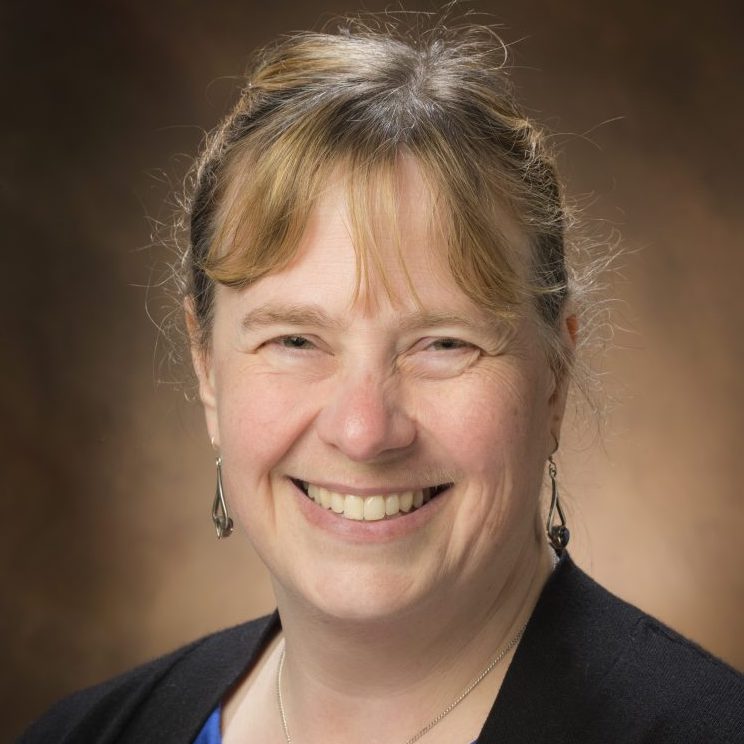As part of our 20th anniversary celebrations, we’ve checked in with former fellows to gather reflections on their fellowship years, to get an update on their fellowship projects, and to see what they are working on next.
 Alea Henle was a 2011–12 dissertation research scholar. A librarian and historian, she is now is Head of Access & Borrow at Miami University. She has a Masters in Library Science from Simmons College and a Ph.D. in History from the University of Connecticut. Over the past years, she’s worked in libraries from Washington, D.C. to Colorado to New Mexico and taught classes in history, librarianship, archives, and records management. Her research interests center on how decisions in libraries, archives, research centers, and commercial database providers increasingly shape the resources available–making materials paradoxically both easier and more difficult to locate.
Alea Henle was a 2011–12 dissertation research scholar. A librarian and historian, she is now is Head of Access & Borrow at Miami University. She has a Masters in Library Science from Simmons College and a Ph.D. in History from the University of Connecticut. Over the past years, she’s worked in libraries from Washington, D.C. to Colorado to New Mexico and taught classes in history, librarianship, archives, and records management. Her research interests center on how decisions in libraries, archives, research centers, and commercial database providers increasingly shape the resources available–making materials paradoxically both easier and more difficult to locate.
What was your fellowship project about?
My fellowship project was my dissertation—on historical societies and historical cultures in the early United States and the ways efforts to collect and preserve materials for the writing of American history shape moden practices.
Would you give us an update on the project?
To my very great delight, the book based on the dissertation came out last year! Rescued from Oblivion: Historical Cultures in the Early United States is available from the University of Massachusetts Press, as part of the Public History in Historical Perspective series.
How did your fellowship year shape your project, or shape your scholarship in general?
The fellowship gave me time and space to think through how to organize the immense wealth of research I’d already accumulated—and the additional material that I kept coming across. I also appreciate the interactions with other fellows and their comments and suggestions—and, of course, the opportunity to learn about the wonderful projects they were working on!
Would you share a favorite memory from your time as a UCHI fellow?
I think it was at our original go-around where we discussed our research projects (or perhaps it was when a particular scholar presented) but one of the key phrases that remains with me came from another fellow’s project: a worm in a box is never just a worm in a box.
What are you working on now (or next)?
Oh, I’m working on multiple fronts at the moment. As a historian, I’ve slid into the early 20th century and am currently exploring early postcards—specifically batches of postcards that were sent to one person or individual (where possible, from the same person). I blog about this at aleahenle.com about once a week. Then I’m also working on library scholarship (since I have a Ph.D. in history but my day-to-day job is as a librarian), with a current project focusing on valuations of library collections for insurance purposes. And in my personal time (not spare time—that’s something I don’t really have) I’ve started writing (and indie publishing) contemporary and historical fantasy. Whew!
Our theme for UCHI’s 20th anniversary year is “The Future of Knowledge.” What would you say are some of the challenges facing the future of knowledge? And what do you think is most exciting or promising about the future of knowledge? The challenges facing the future of knowledge?
Here I’m going to put on both my historian and librarian hats—these include the pervasive multiplicity of information and the fragility of many of the ever-increasing formats. Ironically, paper is much more robust a medium for historical purposes than many digital formats as the latter often require specialized software and/or technology. My original research as a fellow, after all, was about early efforts to deal with preserving information/knowledge! Then there are also the witting and unwitting discussions about sources of knowledge versus sources of information—who’s an expert and/or trustworthy and who isn’t (and what criteria is used to decide). It’s all very new—and very old.

